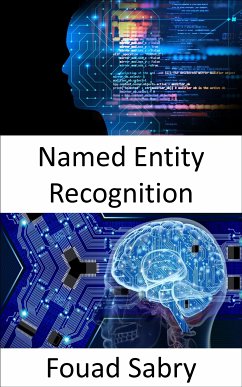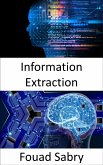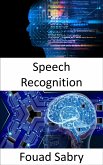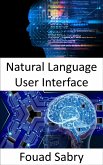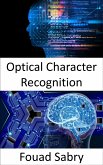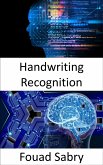What Is Named Entity Recognition
Named-entity recognition, or NER, is a subtask of information extraction that seeks to locate and classify named entities mentioned in unstructured text into pre-defined categories such as person names, organizations, locations, medical codes, time expressions, quantities, monetary values, percentages, and so on. Other names for this subtask include (named) entity identification, entity chunking, and entity extraction. Named-entity recognition is also known as named-entity identification.
How You Will Benefit
(I) Insights, and validations about the following topics:
Chapter 1: Named-entity recognition
Chapter 2: Natural language processing
Chapter 3: Information extraction
Chapter 4: Named entity
Chapter 5: Relationship extraction
Chapter 6: Outline of natural language processing
Chapter 7: Entity linking
Chapter 8: Apache cTAKES
Chapter 9: SpaCy
Chapter 10: Zero-shot learning
(II) Answering the public top questions about named entity recognition.
(III) Real world examples for the usage of named entity recognition in many fields.
(IV) 17 appendices to explain, briefly, 266 emerging technologies in each industry to have 360-degree full understanding of named entity recognition' technologies.
Who This Book Is For
Professionals, undergraduate and graduate students, enthusiasts, hobbyists, and those who want to go beyond basic knowledge or information for any kind of named entity recognition.
Named-entity recognition, or NER, is a subtask of information extraction that seeks to locate and classify named entities mentioned in unstructured text into pre-defined categories such as person names, organizations, locations, medical codes, time expressions, quantities, monetary values, percentages, and so on. Other names for this subtask include (named) entity identification, entity chunking, and entity extraction. Named-entity recognition is also known as named-entity identification.
How You Will Benefit
(I) Insights, and validations about the following topics:
Chapter 1: Named-entity recognition
Chapter 2: Natural language processing
Chapter 3: Information extraction
Chapter 4: Named entity
Chapter 5: Relationship extraction
Chapter 6: Outline of natural language processing
Chapter 7: Entity linking
Chapter 8: Apache cTAKES
Chapter 9: SpaCy
Chapter 10: Zero-shot learning
(II) Answering the public top questions about named entity recognition.
(III) Real world examples for the usage of named entity recognition in many fields.
(IV) 17 appendices to explain, briefly, 266 emerging technologies in each industry to have 360-degree full understanding of named entity recognition' technologies.
Who This Book Is For
Professionals, undergraduate and graduate students, enthusiasts, hobbyists, and those who want to go beyond basic knowledge or information for any kind of named entity recognition.
